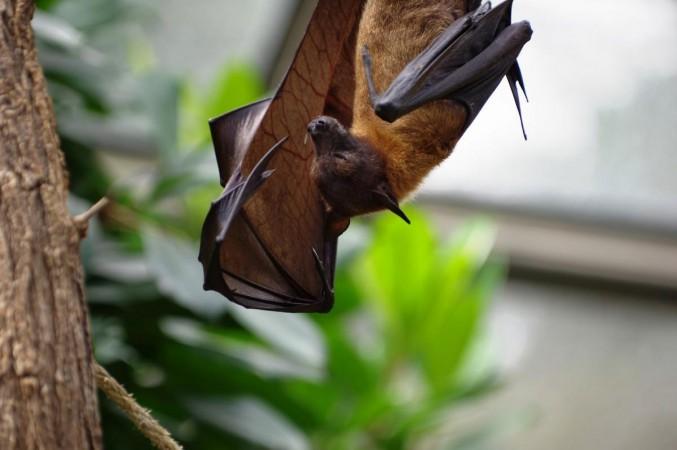It now appears that bats maintain social distance as well, which may aid in the prevention of the spread of contagious diseases in their colonies. Researchers from Tel Aviv University showed in a recent study that sick bats, like unwell humans, prefer to be away from their groups, most likely to heal and to protect others.
Dr. Kelsey Moreno, a postdoctoral researcher, and PhD candidate Maya Weinberg conducted the research in the laboratory of Prof. Yossi Yovel, Head of the Sagol School of Neuroscience and a researcher at the School of Zoology at the George S. Marshall Faculty of Life Sciences.

The researchers observed two colonies of Egyptian fruit bats, one in a confinement and the other in their natural habitat. To study the behavior of ill bats, the researchers injected several bats in each group with a bacteria-like protein, which stimulated their immune response while posing no real threat to the bats. The behaviour of 'ill' bats was tracked using GPS and the tests revealed symptoms such as a high fever, fatigue, and weight loss.
The 'sick' bats, surprisingly, preferred to avoid the colony, according to the researchers. They exited the bat cluster on their own and kept their distance in the first group. The 'sick' bats in the second group also migrated away from the other bats in the colony, and stayed aloof in a different colony. They did not go out in search of food for two nights in a row, observed the researchers.
Normally these bats are extremely social creatures, living in caves in very crowded conditions," Weinberg explains. "In fact, the 'sick' bats' behavior is very reminiscent of our own during recovery from an illness. Just as we prefer to stay home quietly under the blanket when we are ill, sick bats, living in very crowded caves, also seek solitude and peace as they recuperate."

















